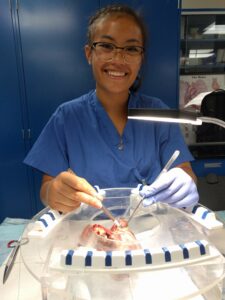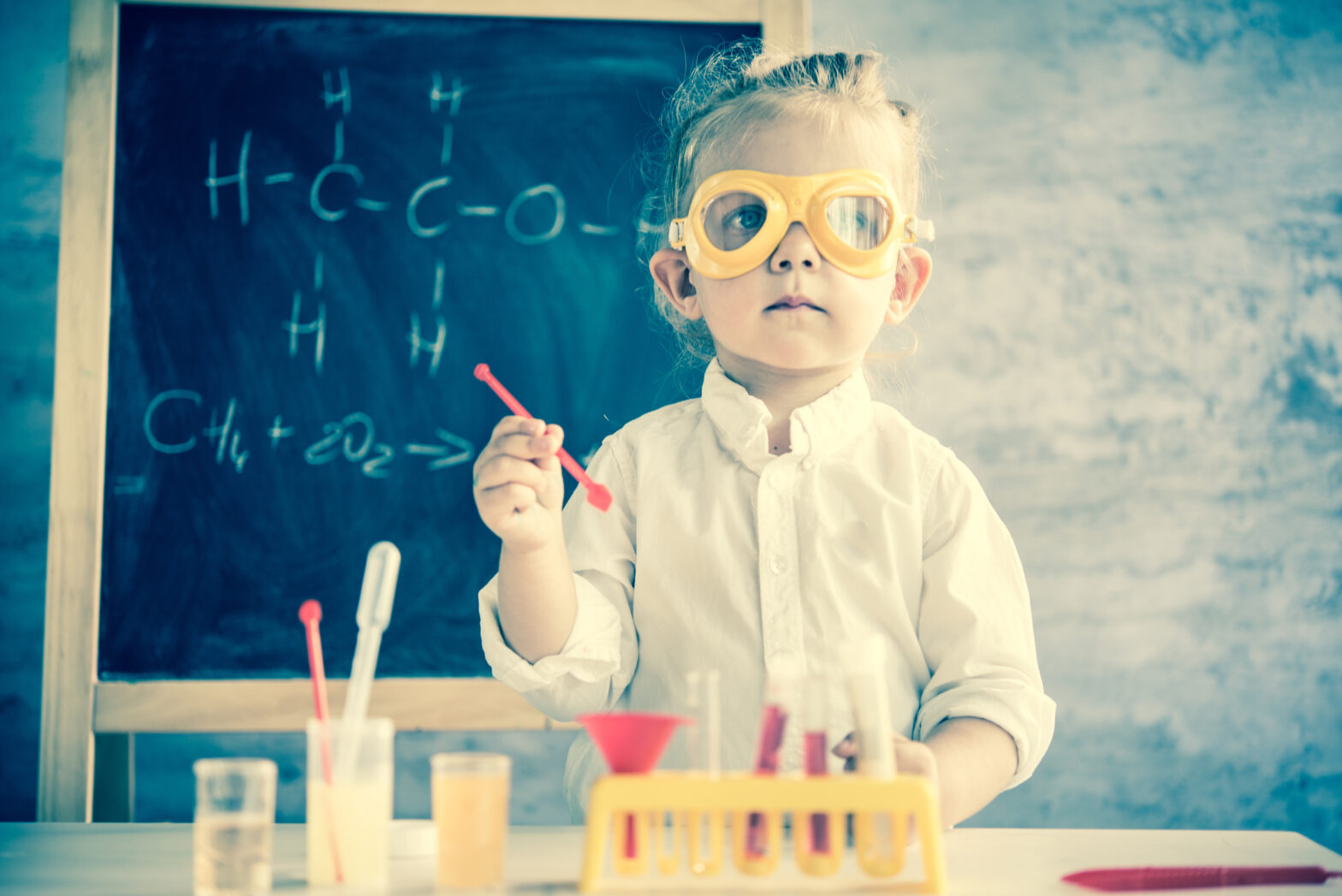 Get children involved in World Science Day, and see how science can shape their lives.
Get children involved in World Science Day, and see how science can shape their lives.
I was first introduced to the scientific method when I was in elementary school. At that age, the steps were simply ask a question, gather information about it, make a hypothesis, test the hypothesis, analyze the results, and present a conclusion. It was a straightforward, linear process and our teacher would practically hand feed us the correct hypothesis. Science was a way for me to discover the concepts behind everyday events. I knew that if I dropped something it would fall, but I didn’t understand why until I was taught to me through various structured experiments.
In high school, science developed a whole new meaning for me. Teachers gave me free reign to ask my own questions, design my own experiments, and search for answers that they didn’t necessarily know. At first this freedom was terrifying – I wasn’t used to my teachers not having definite answers. But as I experimented, my understanding of the scientific process evolved into a path of self-discovery, riddled with mistakes, incorrect answers and failed experiments. I learned that you learn more from failing than succeeding, and that not having the answers meant that I was asking the right questions – questions that would lead to the most interesting and productive failures and eventually to the most impactful successes. From that point forward, I approached every unknown with a sense of adventure and a willingness to grow.
Science has taught me to embrace what I don’t know with an open mind. In this way, it has not only made me a better student, but it has also prepared me to adapt to the unpredictable nature of life.
By: Genevieve Lynne Craven

